The New York Times sought the legal counsel of First Amendment lawyer Floyd Abrams after publishing the Pentagon Papers. The media organization was accused of being disloyal to the country, but Abrams successfully argued that The Times were within their First Amendment rights. The case later became known as a landmark case for protecting press freedom.
Video Features
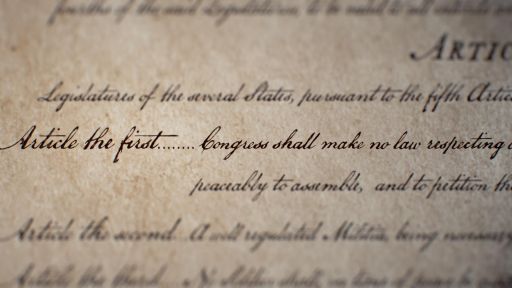
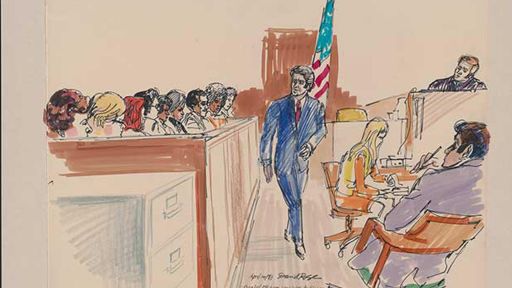
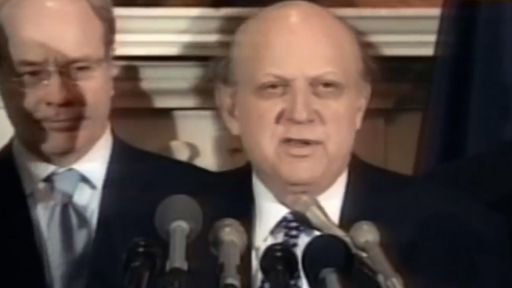
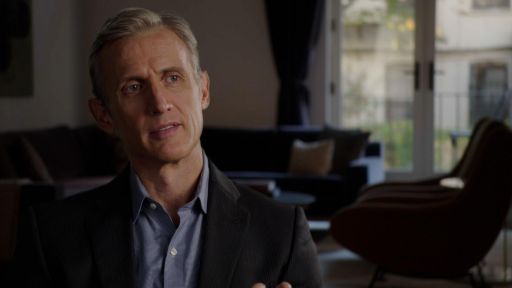
Written Features
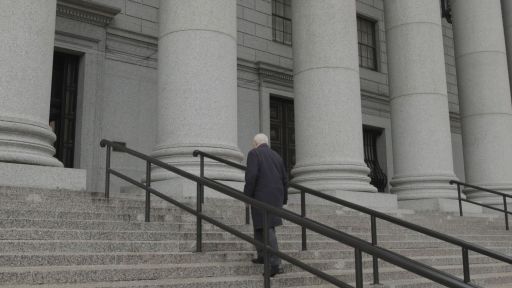
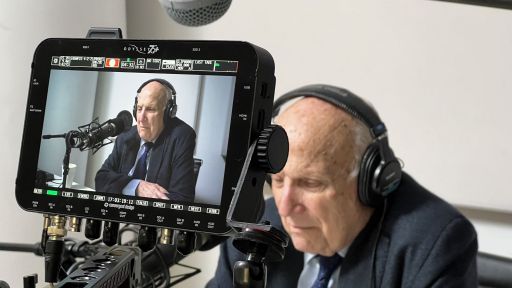
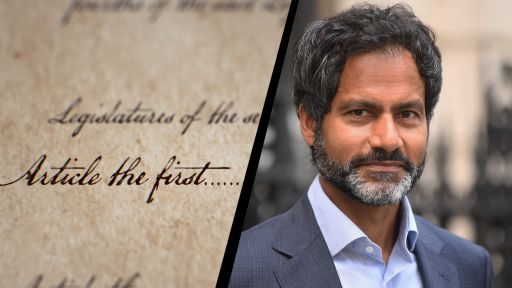
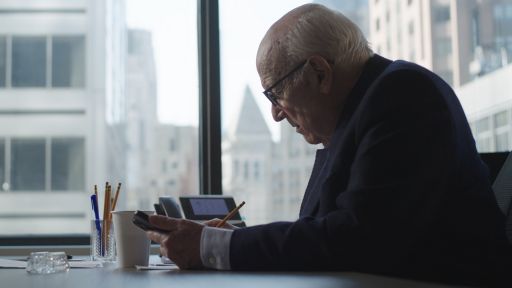

Thought Leaders

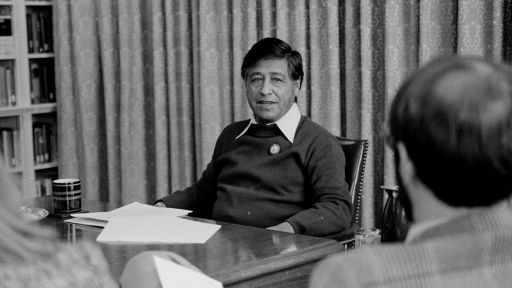

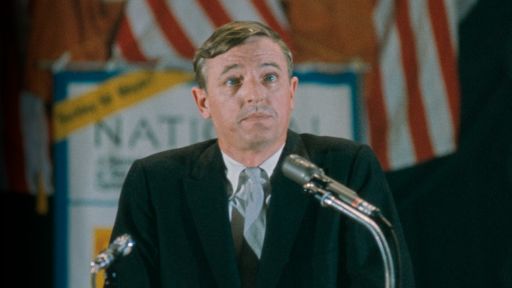

(soft music) - [Host] They told The Times it was unpatriotic.
They told The Times, the publisher Sulzberger could go to jail.
They told Mr. Sulzberger that his father wouldn't have run it.
- [Reporter] This could backfire on The Times.
The main thing is to cast in terms of doing something disloyal to the country, that's right.
This risks our men.
- [Interviewer] Do you feel, Mr. Sulzberger, that the national security is endangered as charged by the administration?
- I certainly do not.
This was not a breach of the national security.
We gave away no national secrets.
We didn't jeopardize any American soldiers or Marines overseas.
- When I interviewed Mr. Sulzberger, he held out his hands and said "I'm ready to go if I have to."
- The lawyers had urged them not to publish.
The Times went ahead and published.
The Times called its lawyers.
Their lawyers came over and said, "We won't represent you."
And so The Times found themselves without a lawyer.
One in the morning my phone rang and it was the General Counsel of the Times, James Goodell who had already called a professor of mine from Yale Law School, Professor Bickell, to ask him to lead a team in representing The Times.
And I was stunned.
Stunned to get the call.
(upbeat music) (group chattering) - I was a young reporter working for the late great National Observer and they sent me to New York to cover the temporary restraining order.
I remembered being scared, really scared.
If the government could stop the New York Times, the Gray Lady, the most important newspaper in the United States at a time when newspapers were still king, that meant they could stop anybody from publishing for whatever they called national security.
(upbeat music)
